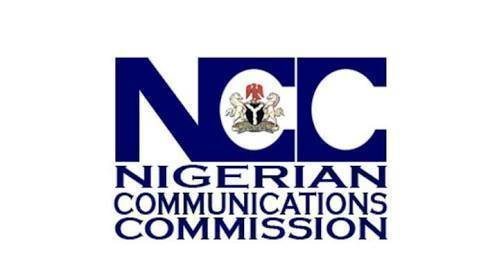According to media reports, telecommunication companies under the aegis of the Association of Licensed Telecoms Operators of Nigeria (ALTON) are proposing a 40.0% increase in the cost of calls, SMS, and data services in the country. However, over the weekend, the NCC rejected the request by the telecom operators, noting that such a decision must be fair to the subscribers and engender healthy competition among service providers. Though it remains unclear whether the proposed hike in tariffs will be eventually implemented, we examine the broad range of issues surrounding the development and the implications for mobile network operators.
While stressing in an interview that the removal of multiple taxes in the telecoms industry will reduce part of the operational pressure on telcos, the Chairman, ALTON, Gbenga Adebayo, observed that telcos were facing difficulties operating in the nation, which is affecting their bottom line and cost line. Telcos had recently proposed a 40 percent hike in the cost of calls, SMS, and data as a result of an unfavourable operating environment.
According to him, “Multiple taxes affect the operating environment and there are nuisance taxes which are taxes that are not in the statute, and it is in an attempt to collect those taxes that public actors often disrupt telecom services. “Those types of illegal taxes and levies should be eliminated. The cost and process of collecting them today are offensive and very destructive and that should stop”.
The details of ALTON’s proposal revealed that the price floor of voice calls would increase from NGN6.40 to NGN8.95 while the price cap of SMS will increase from NGN4.00 to NGN5.61. On data services, ALTON stated that the Nigerian Communications Commission (NCC) should implement the recommendations from the August 2020 KPMG report on the determination of cost-based pricing for wholesale and retail broadband services. To our minds, the proposal by ALTON must have been induced by the rapid increase in the cost of providing telecommunications services in the country.
It is pertinent to note that the prerogative to hike telecom tariffs does not fully reside with the NCC alone, but remains a tripartite arrangement which involves the regulator, the stakeholders and the consumers. Based on our interpretation of the body language of NCC, we do not think an upward review of telecom tariffs is on the cards.
Besides, the regulator seems not even ready to throw up a stakeholders’ summit on the subject matter any time soon. However, there are very strong indications that the mobile network operators have tactically passed on some portion of the cost burden to subscribers through a marginal increase in the depletion rate of data bundles.
Without downplaying the impact of rising smartphone and broadband penetration, we believe a faster replenishment rate for data bundles has also contributed to the rapid expansion in data revenue in the past three years. In our view, this lends credence to healthy margins in the face of rising cost pressures. With data revenue not showing any signs of weakness, we do not see any threat to industry margins in the near term.









